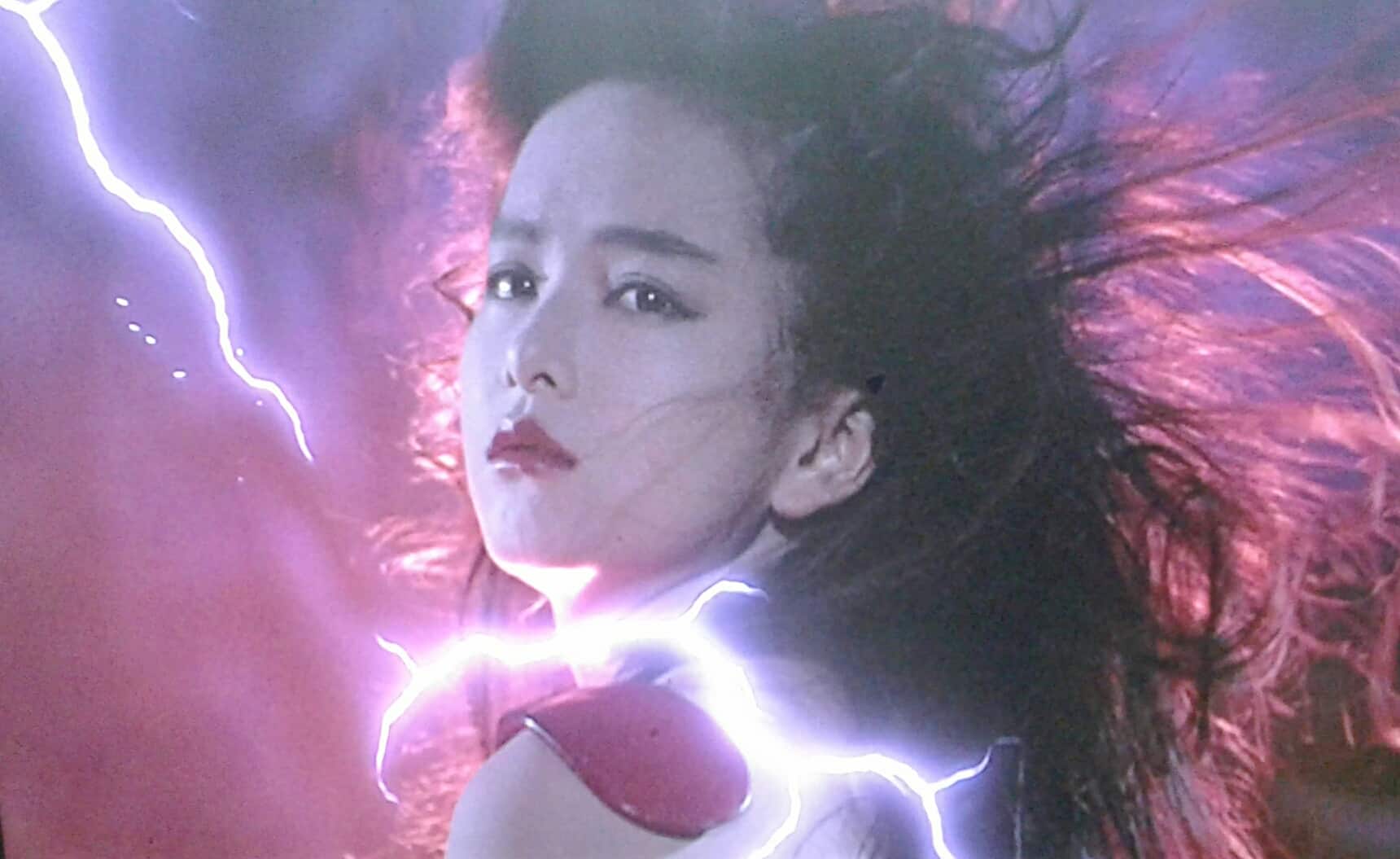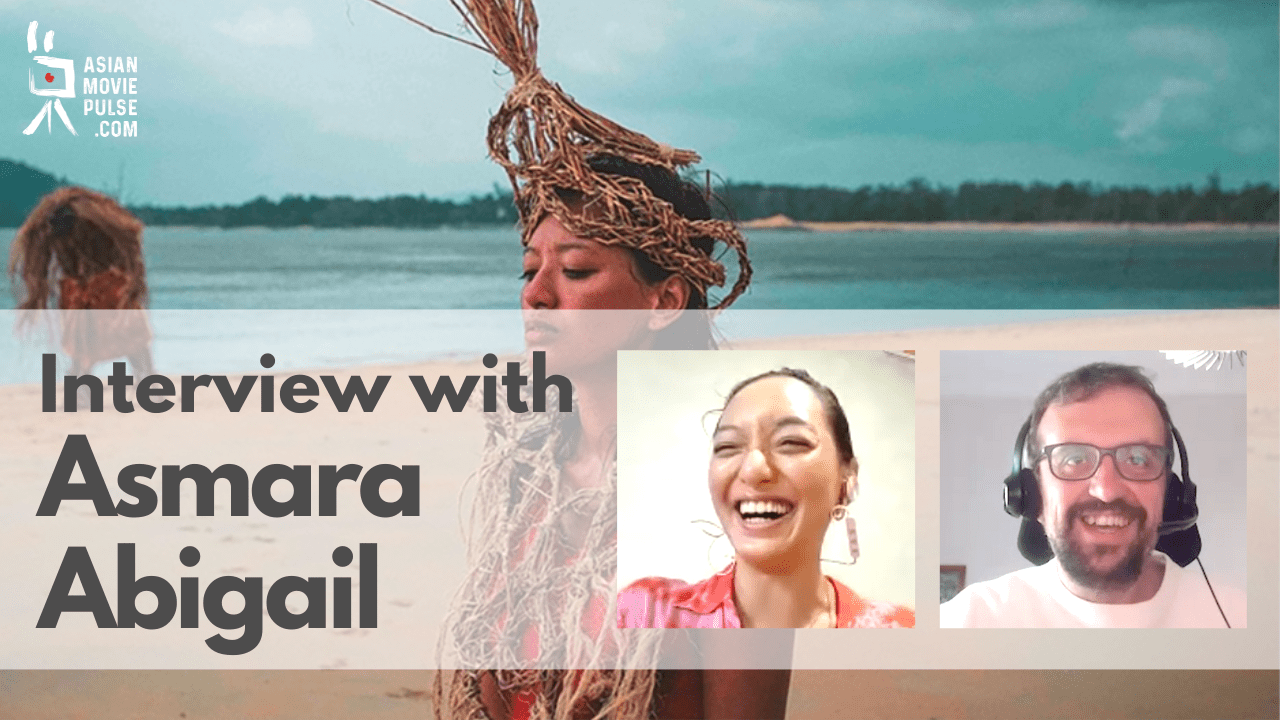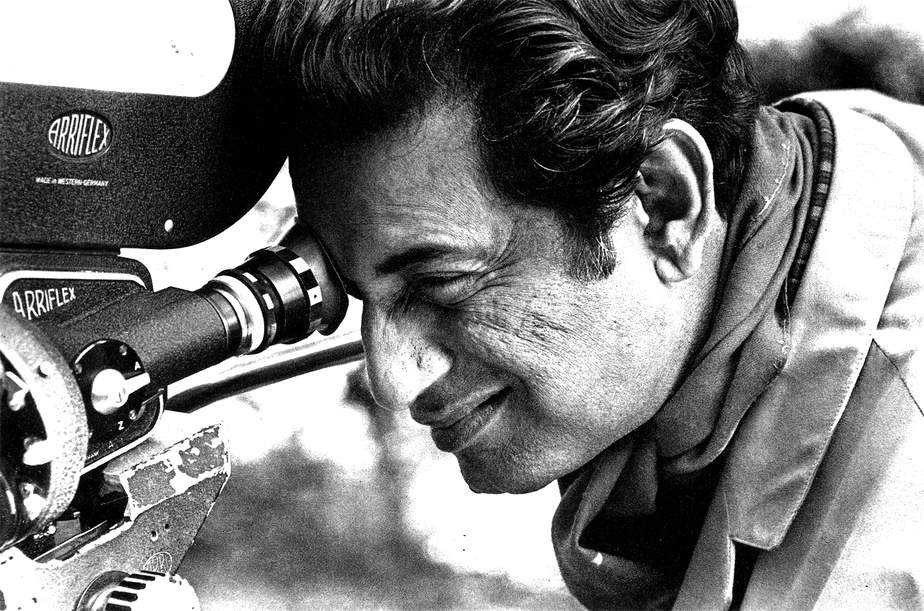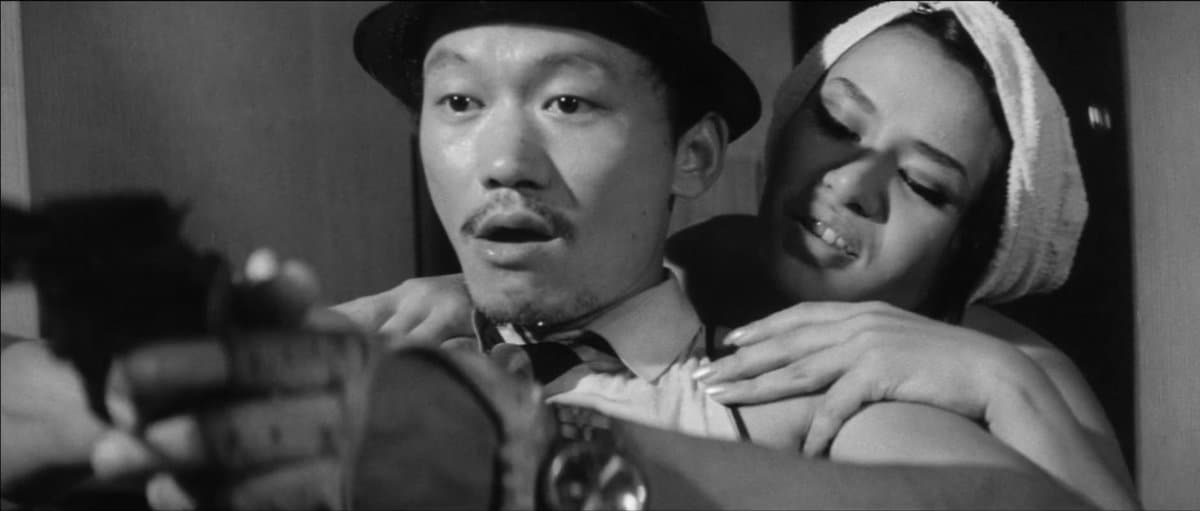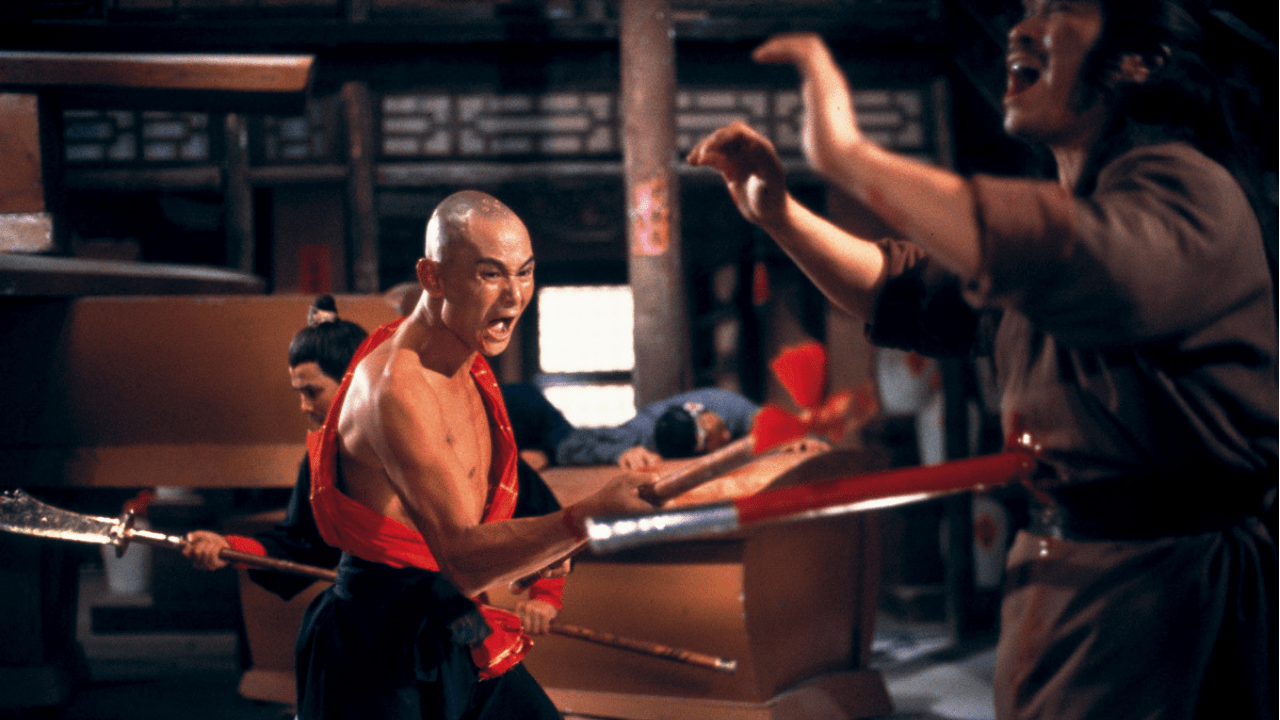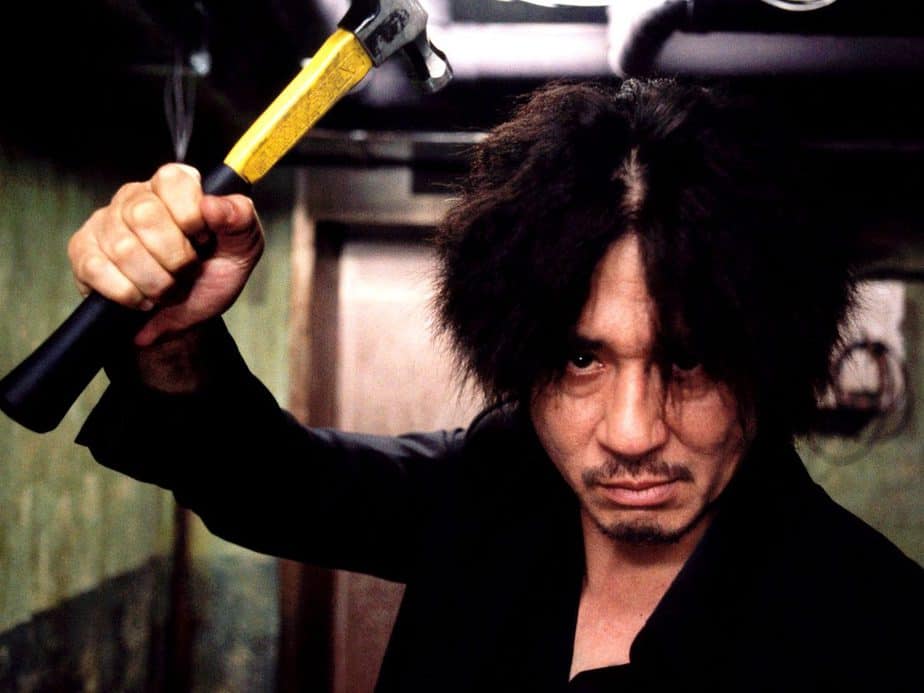Hikari – is an award-winning writer, director and producer. Her directorial debut feature “37 Seconds” (2019) premiered at the 69th Berlinale, where it won the Audience Award in the Panorama section. It also won the CICAE Art Cinema Award and was nominated for Best First Feature. Her other credits include “Tsuyako” (2011), “A Better Tomorrow” (2013) and dance short “Where We Begin” (2015).
'37 Seconds' – seeking to escape her oppressive home life, Yuma, an artist with cerebral palsy, tries her hand at illustrating erotic manga. Despite praising her artistic talent, an editor rejects her work as unconvincing, telling her to come back once she has gained some sexual experience. After a disastrous encounter at a love hotel, she befriends Mai and Toshiya, leading her on an unexpected journey.

First and foremost, congratulations on your work and the international premiere at Berlinale. The moment I saw the very first poster of the movie, I expected it, however, to be a very dark and glum one in terms of storytelling, such as for instance the very famous Korean “Oasis” by Lee Chang-dong. I actually had a feeling that “37 Seconds” might function as a reverse of Oasis.
I have to admit that I love “Oasis”! As for the poster, we actually changed the design at the very last minute, because we had the exact same feeling. I think my mission as a filmmaker and the main reason I decided to shoot movies is to inspire people. I felt like the story I created based on interviewing people and learning about their lives, as well as the relationships between parents and their children was of great importance. I am not talking here merely about a disabled person, but a girl who moves on and lives her life how she wants, like in a coming-of-age story, so to speak. For me, I am very optimistic, so the ending had to be proportionally positive. I also learned that there are so many things in this world that can actually happen before one knows, provided that we really give them a try instead of thinking that we are not capable of doing them. I wanted to show the audience that proactive initiative.

The atmosphere of “37 Seconds”, before it might accidentally occur to be too sentimental, suddenly switches to a completely different tune. In Japanese there is the four-character compound word kidoairaku (joy, anger, pathos, and humor) that describes all human emotions. I felt that this idiom corresponds well with your movie. It starts like a story from a fantasy manga when you see the names of the cast before the main title, it gets very emotional in the middle and then the ending scenes shot in Thailand convey yet another emotional, more solemn dimension.
I think you read it perfectly! My movie has a lot of twists and turns, like nobody can predict where it goes. Some people ask why it doesn't end on a love story part and my answer is – well our life is continuously changing and we are constantly evolving. I wanted to give that journey I always experience myself to Yuma, thus the Thailand episode and searching for her sister.
It was also very touching that in the end credits, you thank people who came to the audition for the main role. I wonder what was the main criteria to get Yuma's part?
The story originally was about a girl that is paralyzed and how she tries to find her in the society, but then I met Mei Kayama, who was not paralyzed, but stricken by cerebral palsy. I thought of her as a little baby – she was twenty three years old at the time, but she looked thirteen. There was something about her that made me feel I want to hug her, protect her. During the auditions, however, I realized I wasn't actually protecting her, but she was trying to tell me something else. That power, the energy that she created at the moment, her pureness, innocence – I just wanted to put all that in the movie, because the girl has to go through all the problems and illustrate them in the movie from scratch , so I wanted to see how is it going to work in a two hours movie, from nothing to actually something.

In your movie you managed to merge not only the realms of reality and fantasy, but also high culture (quotes from Shakespeare) and the mass, pop culture.
I love Shakespeare myself; however, I wanted to portray how Yuma is stuck with her mother who is giving all that high-culture quotes that makes no sense to her as a child – I mean what kid on earth would even care? I wanted to juxtapose the different mentality between the mother and daughter and how they are unable to communicate with each other. As for the fantasy, it is an interesting idea, because I never really thought that way. I guess some parts of the movie might be considered completely unrealistic, but at the same time, that is happening to me right now. I never thought I would be able to make a movie about a disabled child with cerebral palsy, and then out of the blue I got a 150,000,000 budget for it, it goes to Berlin and gets awarded there – unbelievable! A lot of things happened to me in the past – firstly I was an actress for almost eight years and I got so many rejections like any other actress in LA that just has to deal with the same thing all over again. I was on the verge of giving up my career that time, but then somehow things started to work. Same goes for Yuma, who is being rejected by others with everything she does, so I wanted to give her that little glimpse of hope in the end. To me it is quite realistic, as long as you follow your heart and thus, physically, open the next door for yourself.

I reckon that by relocating to the United States it must have utterly changed your perspective not only in terms of filmmaking, but also your personality – even now when we are talking, I feel being more like a Japanese than you! How do you perceive American and Japanese film industry at the moment?
Indeed, I am a pure American in that sense! I am based in Los Angeles and Japan is a place I occasionally work or shoot movies, but I think these industries are completely different. I was trying to collect the funds for this movie in the United States, but it did not happen, since it is was a fully Japanese movie. I came to Japan, shot the movie, got the awards and then, when I am back, I get offers from big studios that want to do a movie with me. At the moment I have like three movies in development with different studios and that is so much easier than going back to Tokyo in order to make a movie here, since I will not obey the rules here and the Japanese probably get that. If I were to make movies that open at big movie theatres in Japan, I would rather firstly become a successful film director around the world and then, when I come back here after a few years, they cannot deny me. I have also my own opinion of the big studios in Japan that basically can treat their producers as mere slaves and their only concept is moneymaking. And I can assure you that “37 seconds” is being seen in different way in Japan, since it won the Audience Award in Berlin and they have to acknowledge it, so as not to display ignorance.
When you were holding the speech in Berlin, you mentioned that especially in Japan, talking about disabled people, their aspirations, sexuality is a very sensitive subject. What do you think dwells within Japanese society that excludes these people from others?
Well, under the surface, yes. Let's put it this way – for instance, the twin sister in the movie represents people who are not touched within their sphere by any handicap, that is why, although she knew Yuma existed, she did not want to contact her. I think people do not care, unless they really have a family member on a wheelchair or friends who became disabled. The reason I wanted to make this movie is to show that people with disabilities do exist, but they are first and foremost people not just ‘the disabled'. Hopefully, the viewers might learn what people with certain hindrances are going through and thus make this world a better place by mutual understanding.
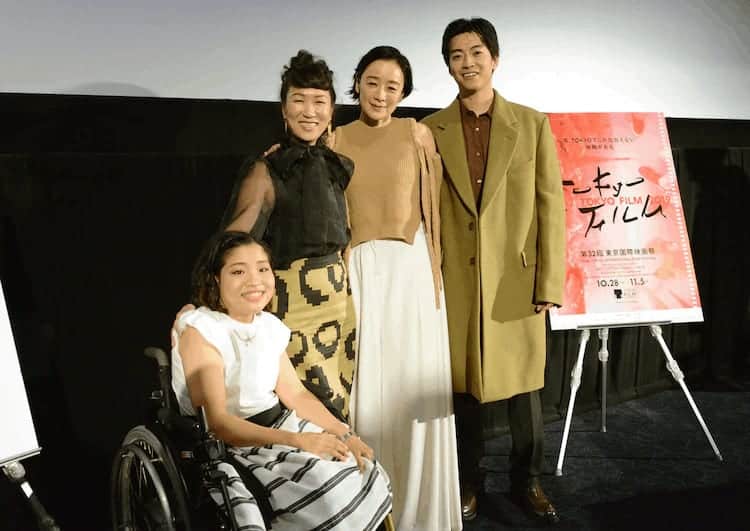
The interview was conducted at the 32nd Tokyo International Film Festival. We would like to thank the Festival crew for the support.



